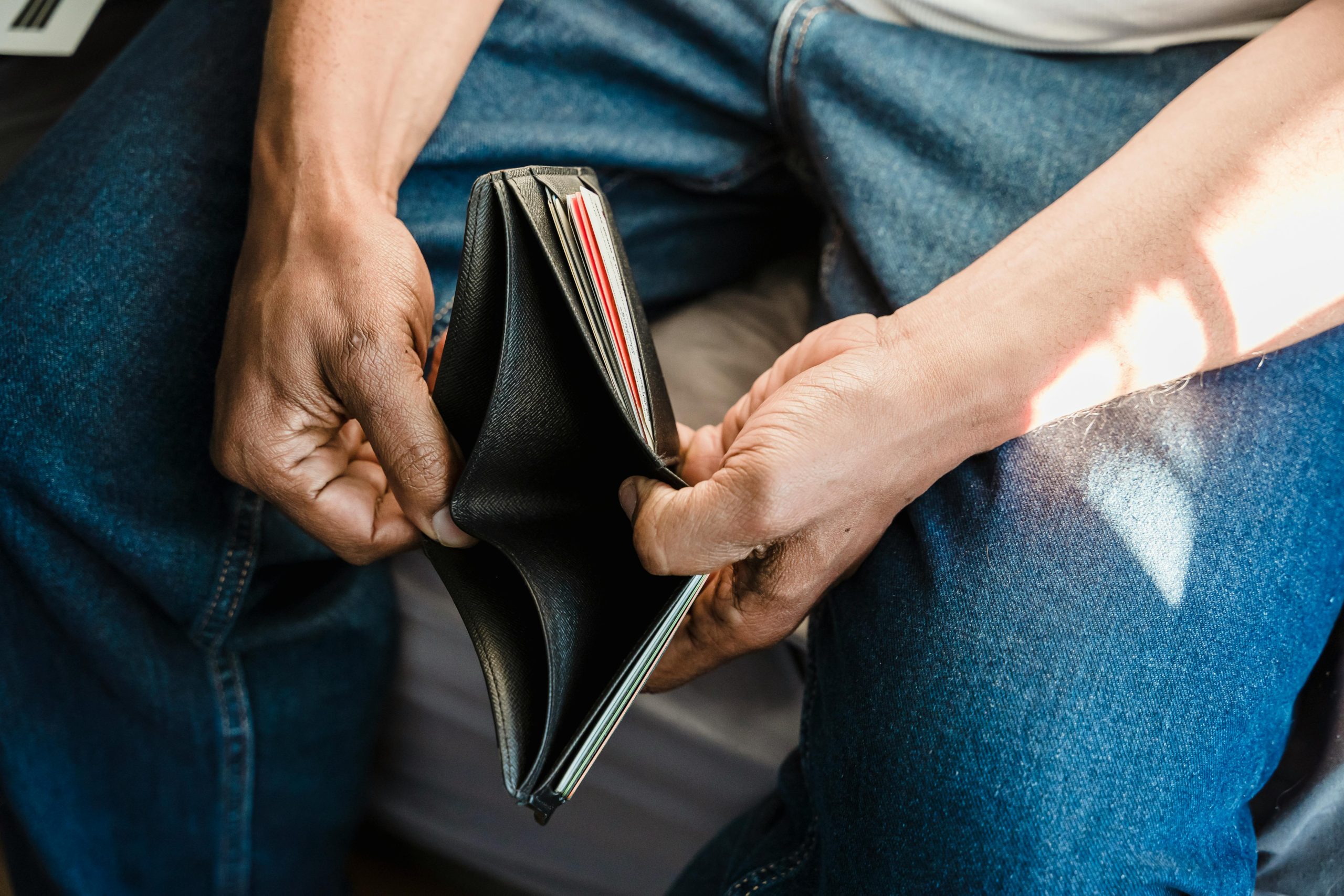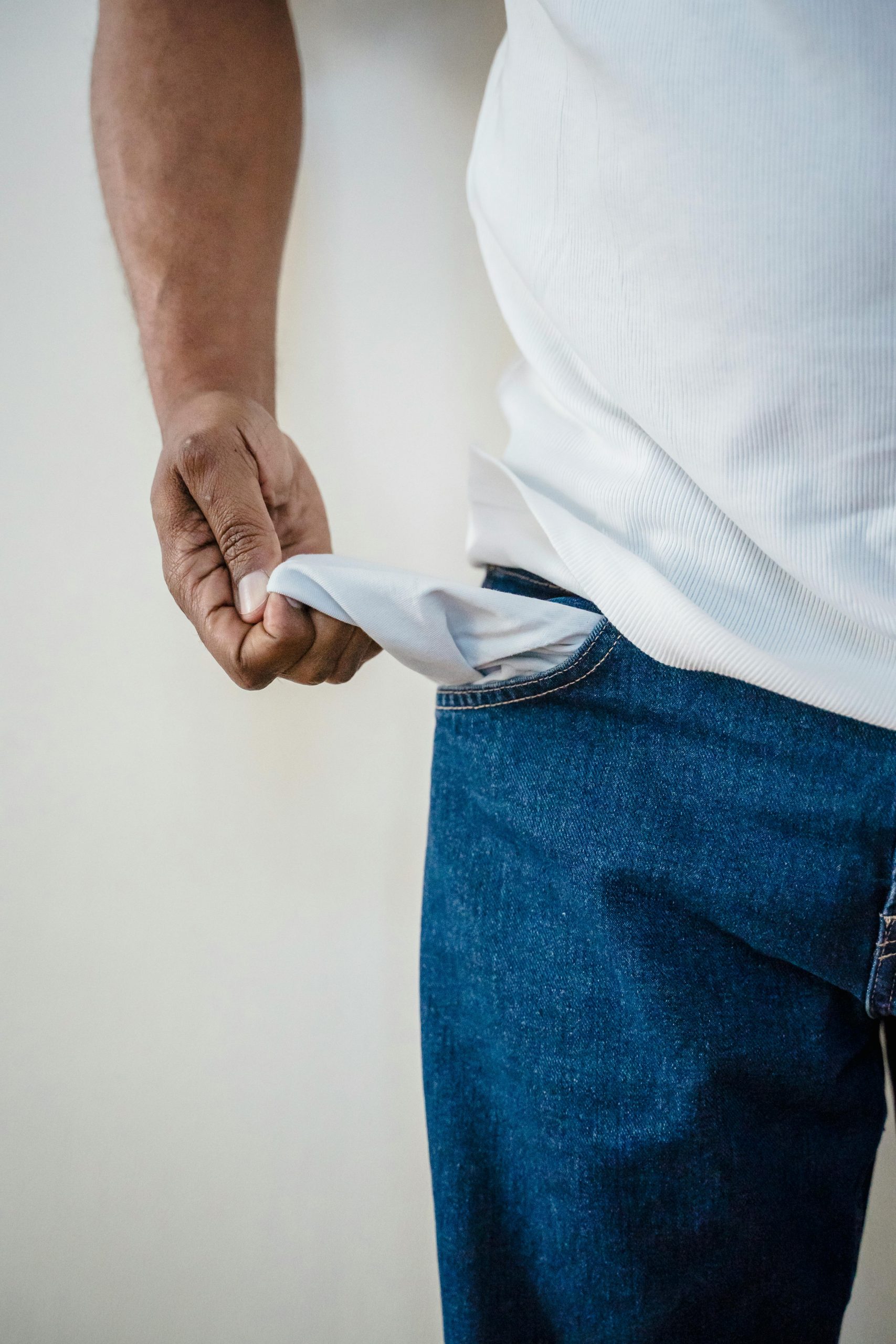

In relation to cash, there’s no scarcity of opinions about why some individuals have it and others don’t. On one facet, there’s the “bootstraps” crowd, aka individuals who imagine monetary hardship is a direct results of poor decision-making. In keeping with this view, being broke is essentially a alternative, a consequence of laziness, unhealthy habits, or failure to plan.
On the opposite facet, there are those that argue that the system is designed to maintain individuals poor. From housing prices to healthcare, from wage stagnation to pupil debt, systemic failures make it extremely troublesome for the common particular person to construct wealth, regardless of how arduous they work.
So which is it? Is being broke the end result of private failure or proof that the system is damaged? The reality is difficult.
The Private Duty Argument
There’s a sure logic to the concept that if you happen to spend greater than you earn, you’ll find yourself broke. And in some circumstances, that’s completely true. Overspending, poor budgeting, and lack of economic literacy can result in cash issues, even for individuals with respectable incomes.
Some individuals dig themselves into holes with pointless luxurious purchases, frequent takeout meals, or bank card debt racked up for issues they didn’t want. Others delay saving for emergencies or retirement till it’s too late. From this lens, being broke typically seems to be the results of a collection of unhealthy selections.
Private duty does matter. No system can assure success for somebody who persistently makes poor monetary selections. However this view solely tells a part of the story, and it conveniently ignores the truth that many individuals are doing the whole lot proper and nonetheless can’t get forward.
The Systemic Roadblocks to Monetary Stability
Now, let’s flip the script. What if somebody is working full-time, and even a number of jobs, and still can’t afford lease, healthcare, or groceries with out counting on credit score? What if somebody made the “accountable” choice to get a university schooling, solely to be saddled with $100,000 in debt and a job that pays $45K a 12 months?
Wages have barely elevated in actual phrases over the previous few a long time, however the price of residing has exploded. Lease in lots of main cities has doubled (or extra) in a single technology. Healthcare premiums and deductibles are sky-high. Childcare prices rival mortgage funds. And don’t even get us began on how a lot groceries value in 2025.
This isn’t about poor selections—it’s about programs that make it almost inconceivable to construct monetary momentum until you’re already forward. It’s about wealth being concentrated within the fingers of some whereas the remainder tread water or sink.
Generational Wealth: The Secret Benefit
Probably the most missed variations between being broke and constructing wealth is whether or not you begin with a security internet. Did your mother and father enable you to with a down fee on a home? Did they cowl your faculty tuition? Would they bail you out if you happen to had a medical emergency or misplaced your job?
Many individuals who seem “financially accountable” had assist alongside the best way. And there’s no disgrace in that. However it’s not a degree enjoying area. Beginning with generational wealth (even just a little) provides individuals choices, flexibility, and time that others merely don’t have. If being broke is a alternative, it’s one some individuals by no means even had the luxurious of constructing in a different way.

The Psychology of Poverty
One other piece of the puzzle? The emotional and psychological toll that comes with being broke. Fixed stress, choice fatigue, and survival-mode considering can hold individuals caught in cycles of poverty. When you’ve ever needed to resolve whether or not to pay lease or purchase groceries, you recognize that “long-term planning” feels laughably out of attain.
Individuals who develop up in poverty typically lack entry to monetary schooling, mentorship, and even primary examples of wealth-building behaviors. They could not belief banks, keep away from credit score as a consequence of concern or previous trauma, or really feel ashamed asking for assist. And even once they need to make higher selections, the trail ahead isn’t all the time apparent—and even obtainable.
It’s straightforward to inform somebody to avoid wasting extra. It’s more durable to inform them save once they’re already selecting between insulin and lease.
Tradition, Disgrace, and the “Self-Made” Fantasy
In America, the narrative of the “self-made” particular person runs deep. We love tales about individuals who went from rags to riches, as a result of it reinforces the concept that anybody can do it. However that delusion will be extremely damaging as a result of it implies that if you happen to don’t succeed, it’s your fault.
Disgrace retains individuals quiet about their monetary struggles. It makes them really feel like they’re failing at one thing that’s really stacked towards them. It reinforces a tradition the place asking for assist or demanding systemic change is seen as a weak spot. There’s nothing weak about recognizing that the sport isn’t truthful.
So, Is Being Broke a Selection or a System Failure?
The reply, frustratingly, is each.
Some individuals keep broke due to the alternatives they make. However much more persons are broke due to the alternatives they by no means received to make. As a result of the system they’re in doesn’t pay a residing wage, doesn’t provide reasonably priced housing, and doesn’t assist them when life throws inevitable curveballs.
Recognizing systemic failure doesn’t absolve people of duty. However it ought to make us all extra compassionate—and extra prepared to problem the insurance policies and buildings that hold individuals trapped in cycles of shortage.
We have to cease asking why people are broke and begin asking why the richest nation on this planet nonetheless has tens of millions of people that work full-time and might’t afford primary requirements.
What do you assume? Is being broke principally a private alternative, or does the system bear extra of the blame?
Learn Extra:
Here’s Why Poor People Stay Poor
The Surprising Benefits of Saving Habits that Make You Look Poor